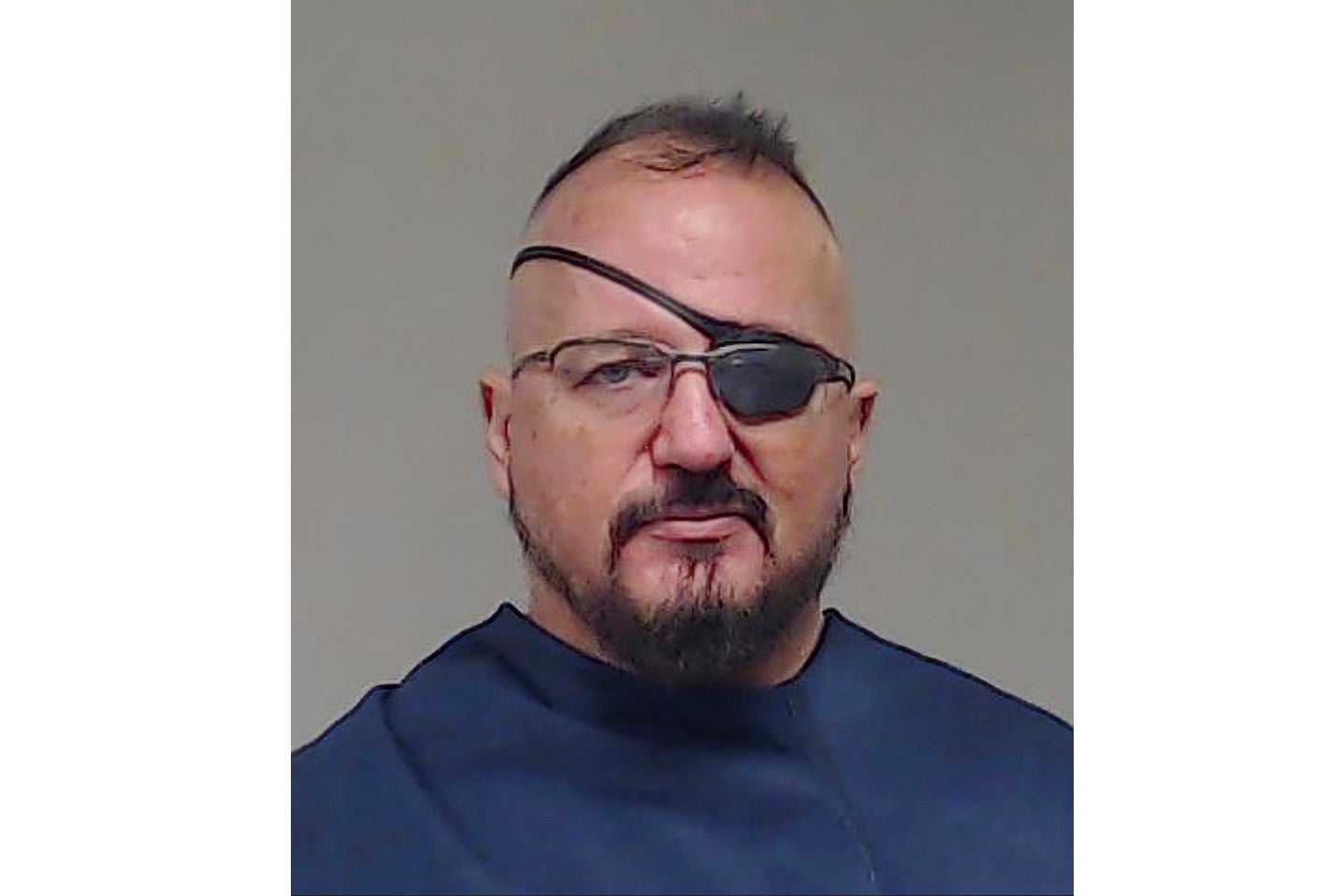Judge won't delay Oath Keepers' trial over Jan. 6 hearings
Members of the far-right Oath Keepers’ extremist group charged in the Jan. 6, 2021, attack on the U.S. Capitol will face jurors this fall after a judge denied defense attorneys’ bid to delay the high-profile trial until next year

Your support helps us to tell the story
From reproductive rights to climate change to Big Tech, The Independent is on the ground when the story is developing. Whether it's investigating the financials of Elon Musk's pro-Trump PAC or producing our latest documentary, 'The A Word', which shines a light on the American women fighting for reproductive rights, we know how important it is to parse out the facts from the messaging.
At such a critical moment in US history, we need reporters on the ground. Your donation allows us to keep sending journalists to speak to both sides of the story.
The Independent is trusted by Americans across the entire political spectrum. And unlike many other quality news outlets, we choose not to lock Americans out of our reporting and analysis with paywalls. We believe quality journalism should be available to everyone, paid for by those who can afford it.
Your support makes all the difference.Members of the far-right Oath Keepers' extremist group charged in the Jan. 6, 2021, attack on the U.S. Capitol will face jurors this fall after a judge on Tuesday denied defense attorneys' bid to delay the high-profile trial until next year.
Lawyers for Stewart Rhodes, the leader of the Oath Keepers, and other associates of the antigovernment group argued a trial beginning in September would be tainted by publicity surrounding recent Jan. 6 House committee hearings and that attorneys still have too much evidence to sort through.
But U.S. District Judge Amit Mehta said he is confident the court will find a fair jury for the Oath Keepers’ case in Washington next month and that he’s obligated to oversee a speedy trial for the defendants, who have been locked up for months. Moving the trial would also “wreak havoc” on the court's calendar, which is filled with trials into next year, he said.
“This is a court of law, we cannot wait on the legislative process to unfold,” Mehta said.
Rhodes and four co-defendants are heading to trial on Sept. 26 on charges including seditious conspiracy, a rarely used Civil War-era charge that calls for up to 20 years in prison. They are accused of plotting for weeks to block the peaceful transfer of power and keep President Donald Trump in office.
Defense attorneys have argued there was no plan to storm the Capitol and that any plans they made were only about providing security at the rally before the riot or protect themselves against possible attacks from far-left activists.
Mehta suggested Tuesday that he believes the defense has a strong case, saying he didn't believe it was a “laydown" case for prosecutors and he's "not sure jurors in the District of Columbia will either."
A different judge overseeing the other major case stemming from the Jan. 6 riot — involving members of the Proud Boys extremist group — agreed to postpone the start of that trial from Aug. 8 to Dec. 12 after attorneys for several of the men argued that their clients couldn’t get a fair trial in the midst of the committee’s hearings. The committee has said it's public hearings will resume in September.
In a separate matter on Tuesday, Mehta rejected Trump’s request to dismiss lawsuits filed by four Capitol police officers seeking damages arising from injuries they sustained while defending the Capitol from the violent mob.
Mehta cited an earlier February ruling denying Trump's bid to dismiss other lawsuits filed by lawmakers and two Capitol police officers. In that ruling, Mehta said Trump’s words during a rally before the storming of the Capitol were likely “words of incitement not protected by the First Amendment.”
“Only in the most extraordinary circumstances could a court not recognize that the First Amendment protects a President’s speech,” Mehta wrote at the time. “But the court believes this is that case.”
Trump's lawyers are appealing that ruling, saying in court papers filed last week that the Supreme Court has “made clear that when acting in his official capacity, a President of the United States is immune from civil suit.”